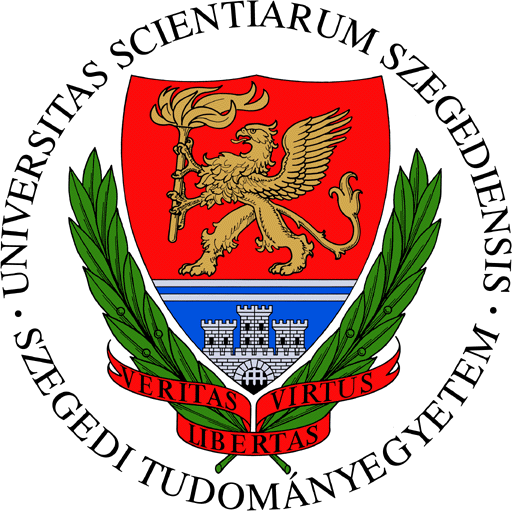Tavda Mansi Language
the analysed corpora of an extinct dialect of Mansi language
About the project
Motivations
The newly invented theories made a long run in the linguistics until their methods and result finally started to appear and remould the outcomes of recent researches. Lately the computional linguistics had a big impact on the methods of morphological analysis and adaptation of morphosyntax. As the applied technology had a big escalation, newer and better morphological analysis softwares were put into use, thus the analysis became the essential starting point of every further research causing the parsing, searching and data arranging to become more effortless.
Previous projects and their effects
In the winter semester of 2011/12 I had the honour to take part in the Ob-BABEL Project ( EuroBABEL: "Ob-Ugric languages" project ) at the Ludwig-Maximilians-Universität in Munich, Germany. As major task I had to deal with the parsing of several Mansi texts applying new methods into the computional analysis. The main result of the whole project was a highly useful and rich collections and sources of Ob-Ugric (Mansi and Khanty) language data and metadata.
The object marking in Tavda Mansi - Corpus analysis
So far the Eastern and the Northern Mansi morphological databases have been built up by the Ob-BABEL Project, and the idea of arranging the Southern Mansi data came up and realized in this corpus analysis project, that will be an additional part of the previous databases. In addition the chosen topic of the research is the variegation of object marking in the extinct Tavda dialect. The importance of the dialect is that it's abounding in preserved archaic elements due to the early separation of the dialectal branch. Besides this the research can lead to a result on the topic of problamatic description of object marking. Through the diverse specialities of marking, we can get a greater and better view on the language levels, like morphology and syntax by eminence.
Supporters and supervisors
This research was realized in the frames of TÁMOP 4.2.4. A/2-11-1-2012-0001 „National Excellence Program – Elaborating and operating an inland student and researcher personal support system” The project was subsidized by the European Union and co-financed by the European Social Fund.
The research takes place at the Department of Finno-Ugristics, University of Szeged, and it's supervised by the departmental research group.





